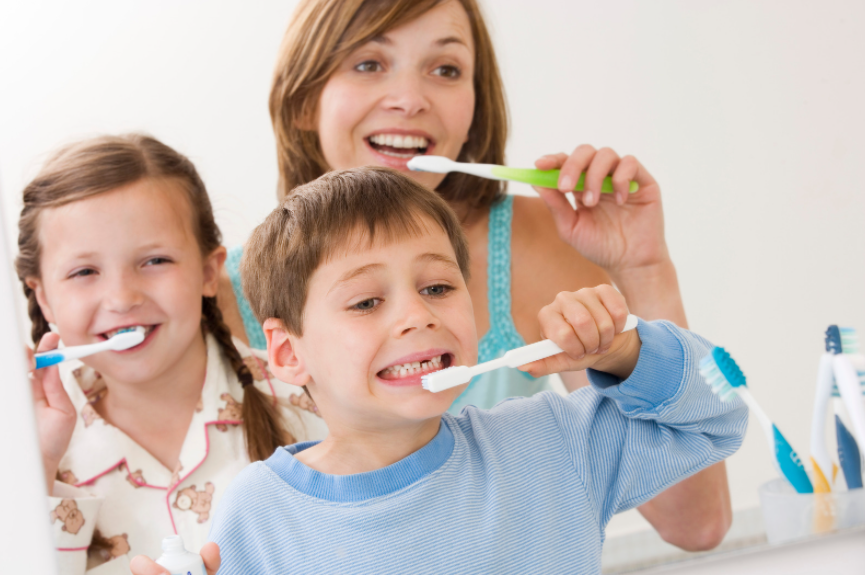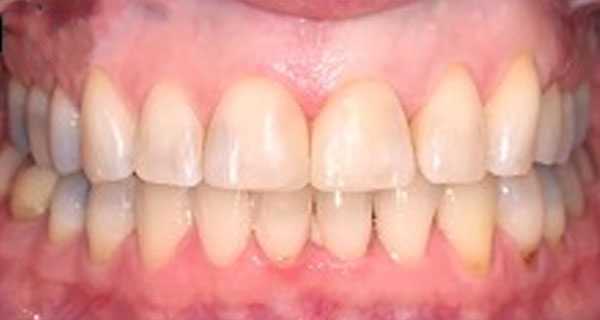Halitosis or bad breath, is a condition in which a person has an unattractive odour from their mouth.
This can be from the everyday “morning breath” most people wake up with, to the five minutes of bad breath you’ll experience after eating the occasional pungent foods like onions or garlic.
If you are among the unlucky people who suffer from bad breath, you know the awkwardness and embarrassment that halitosis can cause.
Causes Of Bad breath:
- Certain foods, such as onions, garlic and spices can cause bad breath.
- Smoking can cause an unpleasant mouth odor and can lead to gum disease, which also causes bad breath.
- Poor dental hygiene causes food particles to remain in your mouth, causing bad breath.
- Dry mouth can contribute to bad breath because the production of cleansing saliva is decreased:
- Dry mouth occurs naturally during sleep, causing “morning breath,” and it worsens if you breathe through your mouth.
- Some medications have dry mouth as a side-effect, producing bad breath as a result. Others are broken down in the body and release chemicals that are carried on your breath.
- Tooth decay, gum infection, and other infections in the mouth, nose and throat can contribute to bad breath.
- Diseases in the body can cause bad breath as a result of the chemicals they produce.
- Chronic reflux of stomach acids can be associated with bad breath.
Solutions to get rid of bad breath and boost confidence
Practice good oral care at home:
- Brushing twice a day and flossing regularly will avoid dental health issues.
- Change your toothbrush regularly: Bacteria can build up in a toothbrush and contribute to bad breath
- Scrape your tongue: The bacteria that coat your tongue are a big contributor to bad breath. To remove this smelly bacteria, gently brush your tongue with your toothbrush.
For an even more thorough cleaning, invest in a tongue scraper.
If you have a denture, partial denture, or any other removable dental appliance, make sure you take it out and clean it according to your Dentists instruction!
- Keep your mouth moist: Keeping well hydrated can improve your oral health immediately.
- Avoid Smoking: In addition to increasing your risk for cancer, smoking also damages gums, stains teeth and gives you bad breath.
- Avoid over the counter mouthwashes for everyday use:
Although effective temporarily to treat infections and bad breath, alcohol and strong chemicals in most mouthwashes dry out the mouth, which exacerbates bad breath.
Saliva maintains a healthy pH in the mouth and ensures that certain types of bacteria don’t propagate.
The population ratio of the good and bad bugs must be maintained (normal flora) and the pH inside the mouth is crucial for this state to be maintained.
Chemical mouthwashes are indiscriminate in which bacteria they kill, adversely affecting this important ratio and allowing bad breath causing bacteria to proliferate.
Oil pulling and warm salt water rinses with few drops of essential oils like clove, cinnamon and peppermint used 2-3 times a week can help reduce bad breath without the above adverse effects.
Diet for a healthy mouth:
Eat fruit and vegetables: Chomping on a crispy apple, carrot, or stick of celery can boost saliva and reduce bad breath by washing away bacteria from teeth, gums, and tongue.
- Avoid eating too many sugary foods and drinks, which encourage bacterial growth in the mouth, and are also a cause of tooth decay.
- Avoid foods that are known to cause bad breath, like onions and garlic.
- Herbal home remedies include chewing and freshening your mouth with lemon or orange rind, cloves, fennel seeds, aniseed or mint.
- Taking probiotics everyday will help maintain good gut health.
Visit your Dentist:
If your bad breath remains despite taking the advice above, schedule a dental appointment at Smile Place Dental.
If you have tooth decay, gum disease, chronic dry mouth, poor oral habits or any other underlying issue, we can help.
We can also help diagnose if your halitosis is the result of an internal source and direct you towards appropriate treatment.


